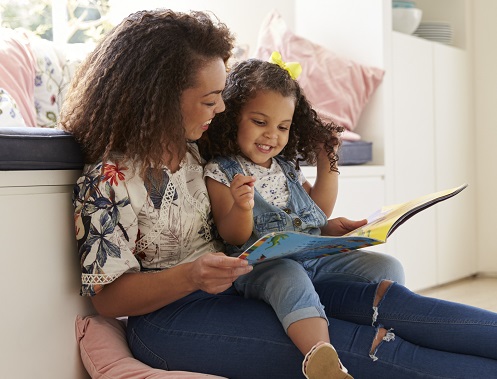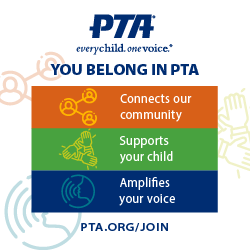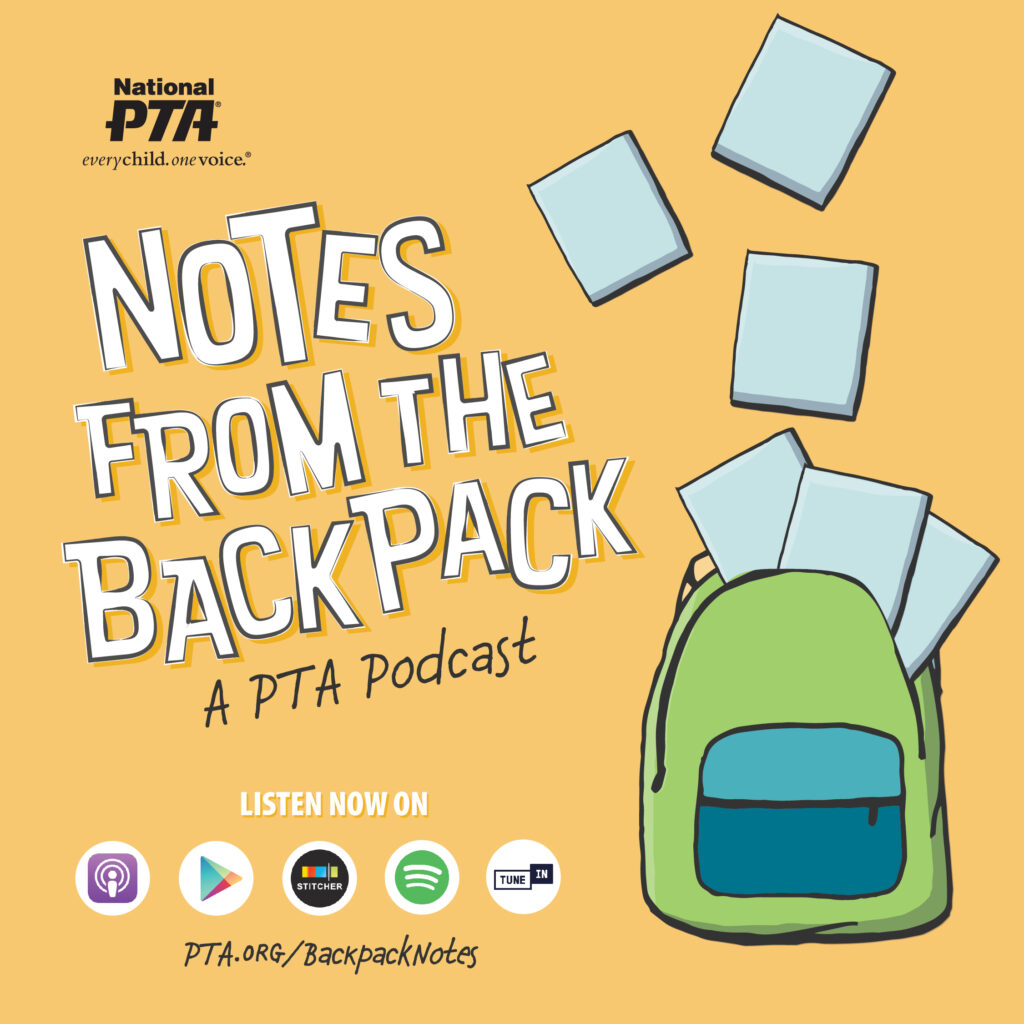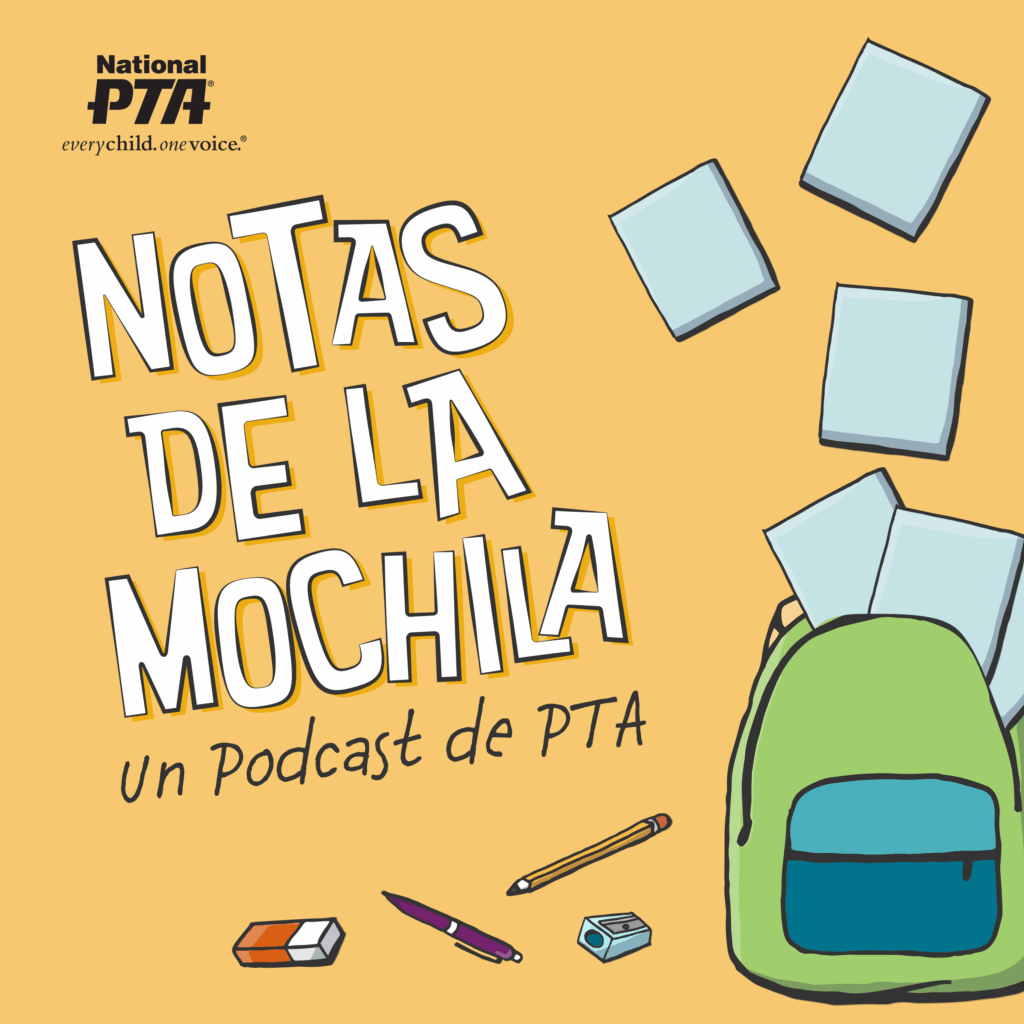It’s like the chicken and the egg debate. Do social and emotional skills foster literacy development or do strong literacy skills help children with social and emotional learning?
The answer to both questions is, Yes.
Literacy sets children on a path for a satisfying life journey—from education, to career, to personal growth and happiness. The development of literacy skills is a cyclical process though, with early experiences feeding a child’s developing brain and ongoing experiences expanding the cycle of growth.
Literacy Skills Helps Social and Emotional Learning
One of the key components in this whole child perspective on development is social and emotional learning (SEL), which allows children to establish a sense of self and develop tools—like how to understand and manage emotions, goals, empathy, relationships and decision making—to help them get along in the world.
Literacy plays an important role in the process. Reading is Fundamental has created a special collection of resources that help to enhance literacy skills and the social and emotional engagement of children. The materials include books, supporting activities and resources for families, focused on four core SEL areas: feelings, friendship, fairness and focus.
You and your child will discover engaging stories with diverse characters and situations that inspire discussion and exploration. And your child will confidently continue their academic journey with strong emotional and literacy tools.
Here are some tips on how to instill a love of reading and incorporate social and emotional learning in your daily reading time:
Give Children Access to Diverse Reading Materials
Diverse reading materials that reflect different cultures, abilities and life experiences offer new perspectives, allowing children to better understand others in their community and themselves.
Devote Time to Reading Aloud
Reading aloud to a child is an important part of developing language and reading skills. Don’t worry if you make a mistake! Watching you repeat a sentence helps children understand that it’s okay to make mistakes.
Use Questions to Dive into Social and Emotional Issues
As you read, use questions to start conversations about characters’ emotional reactions. How do you think the characters feel? How might they be understood or misunderstood by others in the story? What are some ways the character could handle the situation they’re presented with.
Read Socially
Encourage your child to read a book with a friend or act out the events in a story. By engaging with others about their reading, children can process the events in a story more deeply and talk about different reactions readers may have.
Encourage Kids to Read Anything, Anytime, Anywhere
What’s good reading material for a child? Books magazines, graphic novels, comic books, the back of the cereal box or anything at all. For inspiration, use our booklist, curated for PTA, with read-aloud tips and resources to help you engage your children in reading at home.
Help your child develop a love of reading to build strong minds and strong readers. Reading opens doors to a whole world of possibilities and prepares children to take advantage of life’s opportunities.
Alicia Levi is the president & CEO of Reading is Fundamental and is a mother of three.


















